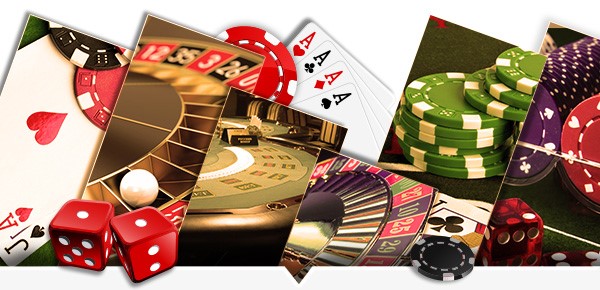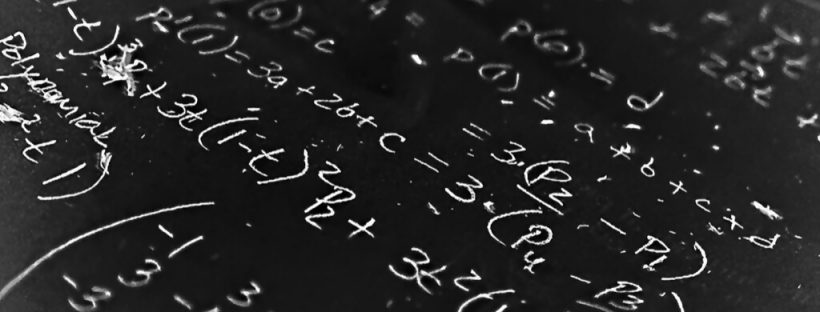When Edward Thorp, a professor of mathematics at the Massachusetts Institute of Technology, played roulette in 1961, he knew perfectly well where the ball would land. Thorp was armed with the world’s first portable computer that predicted the outcome of the spin. After the start of the game, he gave the computer information about the speed of the ball and wheel using a microswitch inside his boot. Thorp’s casino device is illegal. But knowledge of the mechanism of probability can help anyone win in various games.
Roulette
The rotation of the roulette wheel is exactly the same as a coin toss. Each spin is independent, with 50:50 chances where the ball falls – on black or on red. Contrary to intuition, the probability of a ball hitting a black cell is as great after 20 consecutive black numbers as it does a red one. This false intuition is known as player issue. Therefore, always bet on the same color. If you lose, double your bet on the next scroll. In the end, your color will fall out.
The disadvantage is that players need a large bank of cash to stay in the game. Unfortunately, the winnings do not grow in the same way. When a player wins through this method, he makes a profit equal to his original bet. Thus, although the theory itself exists, the roulette wheel is likely to simply “eat up the money.”
Black Jack
In a game like blackjack, you can increase your chances by simply tracking the cards – within the rules of gambling, of course. Blackjack begins with the fact that each player is dealt two cards face up. The goal of the game is to score the maximum possible number of points without busting – up to 21. To win, you need to have more points than the dealer. The game uses up to 8 decks simultaneously, at the end of each round, played cards are dealt.
The basic idea of counting cards is to track played cards so that you know what denominations remained in the deck. If you have correctly calculated which cards have already been dealt, this will increase the probability of winning. This method can provide you with a positive return of up to 5% of your investment.
Lottery
January 14, 1995 is a day that Alex White will never forget. It was the 9th draw of the British national lottery with a £ 16 million jackpot. Luckily, White had no limits: the numbers he chose corresponded to all six: 7, 17, 23, 32, 38 and 42. To his deep disappointment, he only received 122,510 pounds sterling. The total jackpot was divided between 132 players who chose the same combination of numbers.

Dozens of methods are known to increase the chances of winning the lottery. But they do not work, because each combination of numbers has the same probability of winning. In 1994, mathematician Simon Cox of the University of Southampton developed his favorite numbers of lottery players. To come to these conclusions, he analyzed the data of 113 lottery draws. The number 7 is among the favorites, it was chosen by 25% more often than the least popular number 46. The numbers 14 and 18 were also popular, and 44 and 45 were not respected. A noticeable preference was given to numbers up to 31. According to Cox, this is the “birthday effect”. Many people use a date of birth in lotteries, in hope on mystical success.
It was noted that the numbers that are around the center of the ticket being filled in are usually crossed out. Many players choose a group of numbers located diagonally. There is also a clear dislike for sequential numbers. “People refrain from choosing numbers bordering each other, although getting 1, 2, 3, 4, 5, 6 is just as likely as any other combination,” Cox says. Numerous studies of American, Canadian, Swiss lotteries gave similar results.
You also need to remember that you will win only if you use a reliable casino. If you are looking for a reliable platform, then http://pin-up.casino would be an excellent option.
